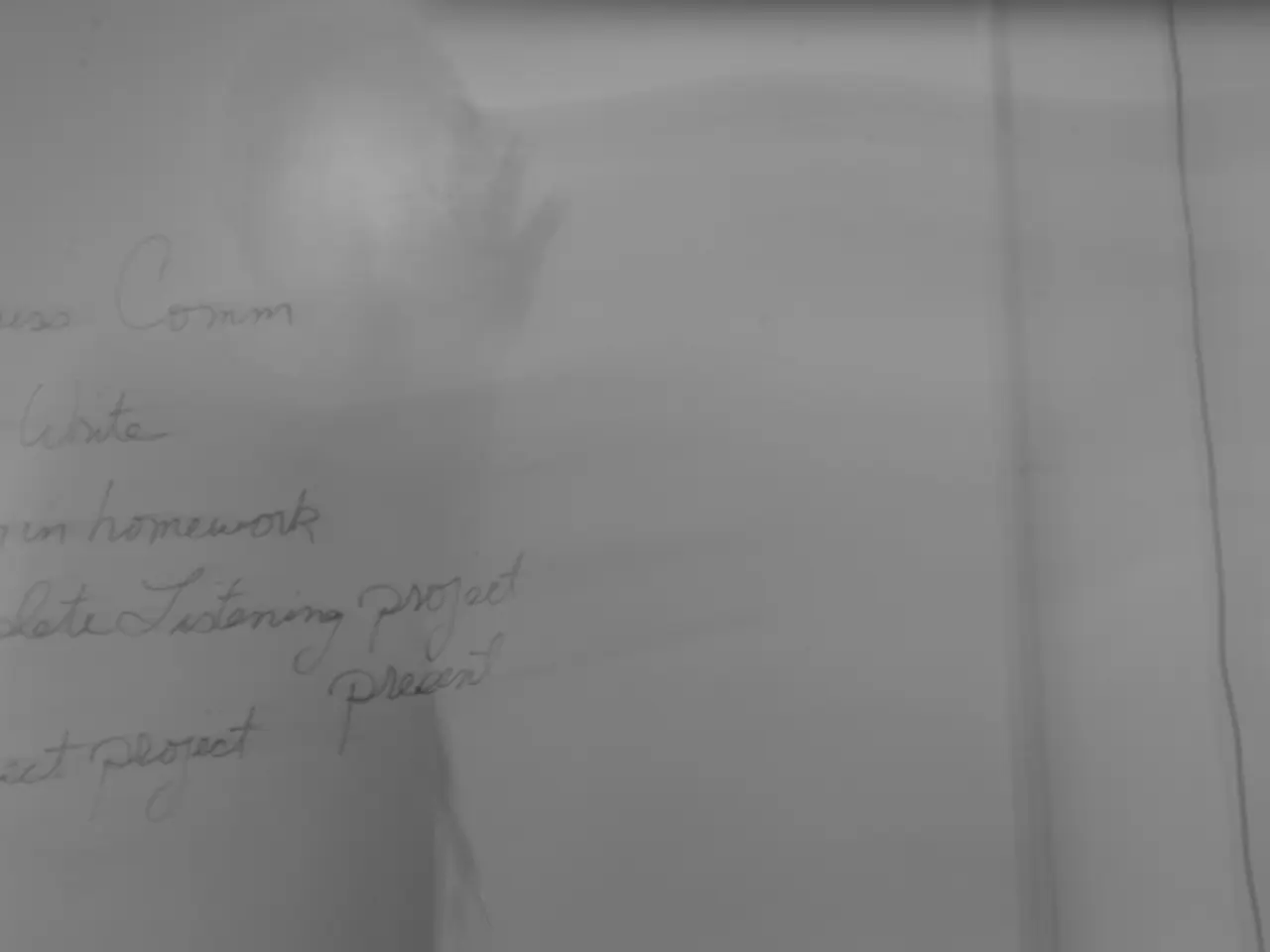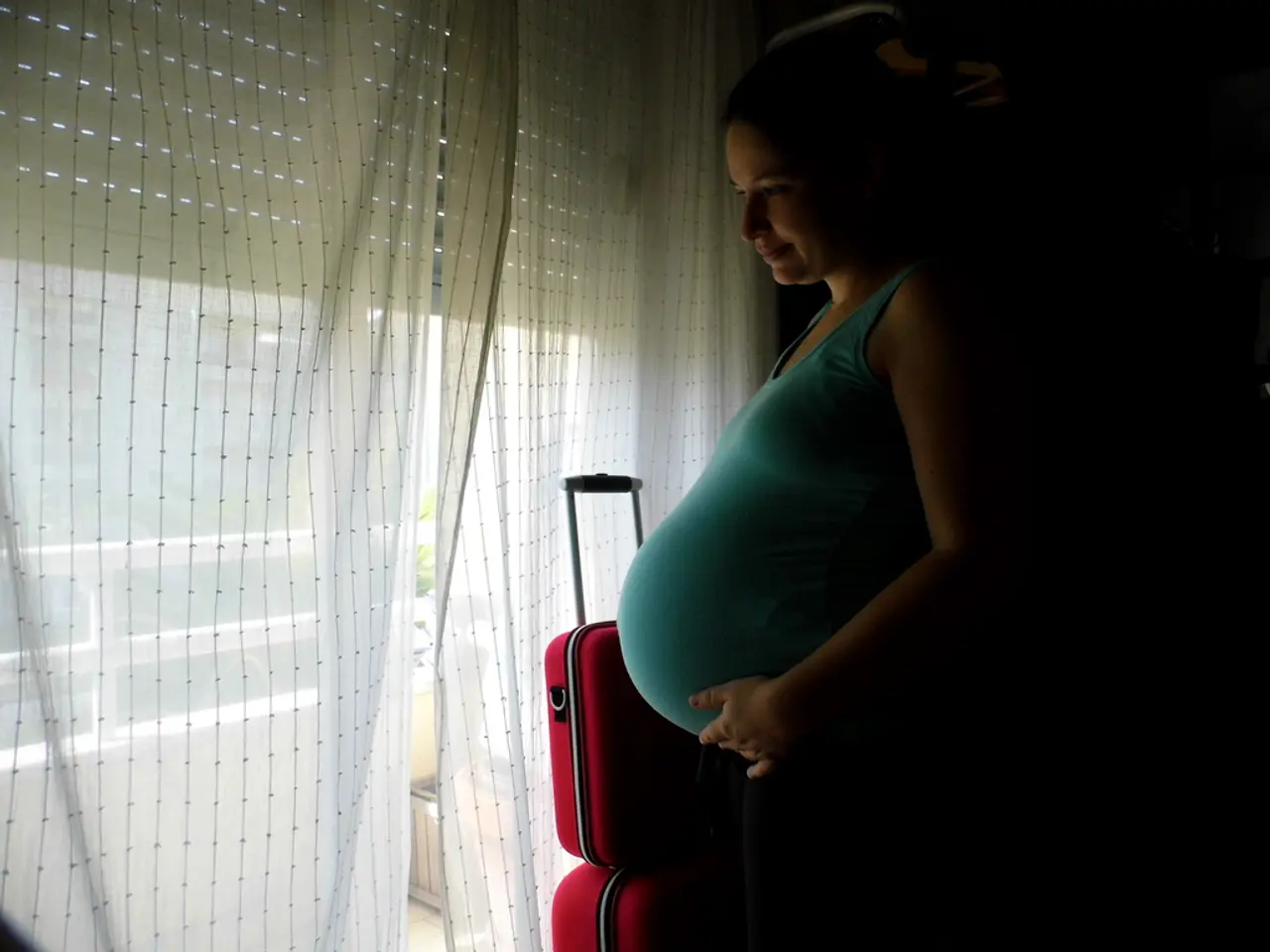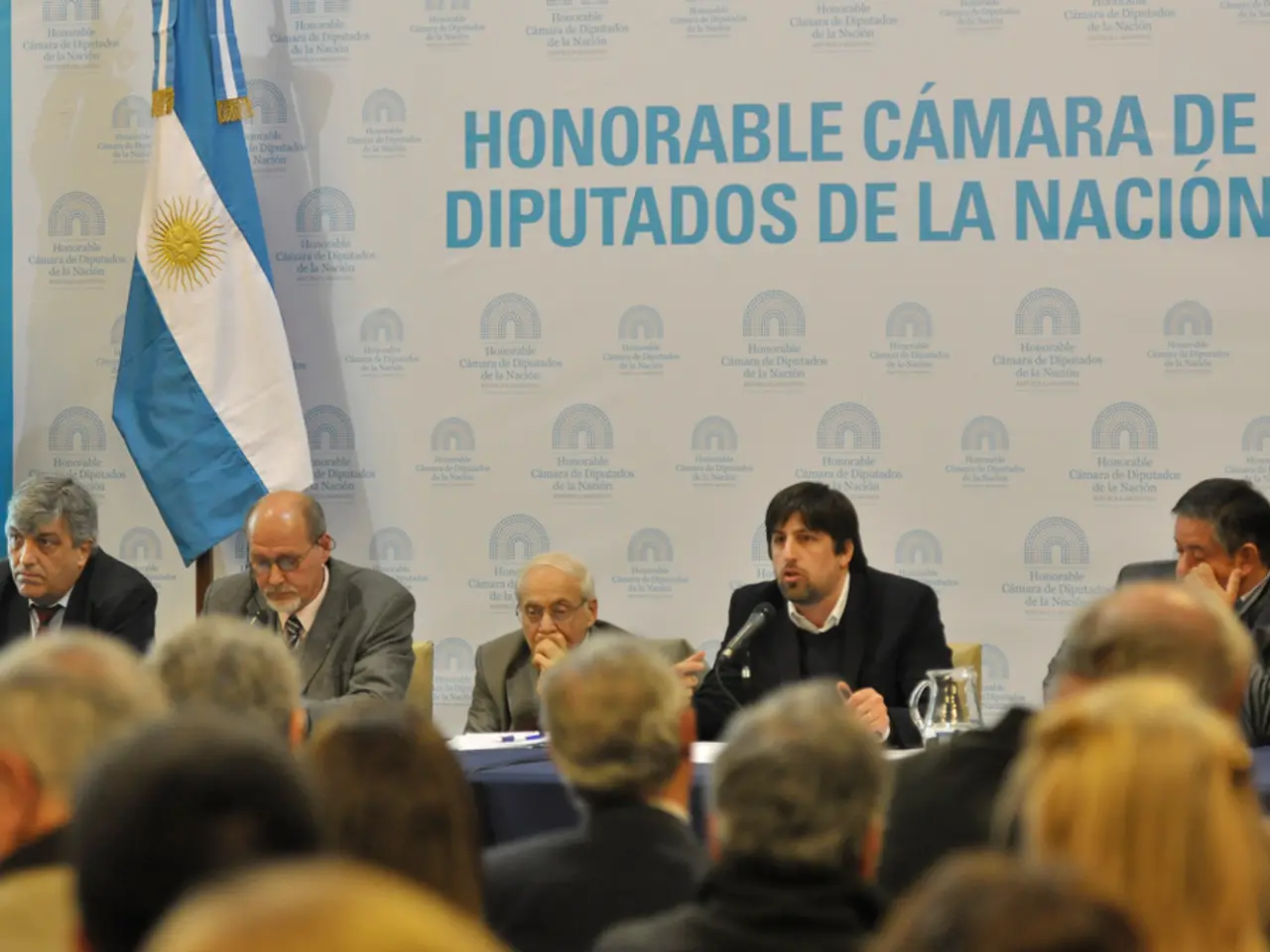Refugee Integration Federation facing demands for increased funding from Pistorius
In a recent statement to T-Online, Lower Saxony's Interior Minister Boris Pistorius (SPD) highlighted the challenges of integrating refugees in Germany, emphasising the importance of reliable funding from the federal government to address these issues effectively.
Pistorius reiterated that integration takes time and costs money, presenting these as the two main challenges in dealing with refugees in Germany. He further emphasised that failed integration costs even more than integration itself, particularly when documents are missing or the countries of origin do not want to take back their citizens.
The minister also mentioned the problems in tracing migrants who have no residence status and therefore no prospects in Germany. However, no specific actions or plans for addressing these problems have been mentioned in the text.
The federal government has not provided any information about actions in response to Pistorius' demands for reliable funding for refugee integration costs. Last year, the federal government reduced funds for integration, according to Pistorius, but no new information about this reduction was provided.
Despite the challenges, Germany's current refugee integration funding combines substantial federal budget allocations and targeted loans at the state level to enhance housing and social infrastructure. For instance, NRW.BANK and the Council of Europe Development Bank (CEB) signed a €125 million loan in 2025 to help municipalities in North Rhine-Westphalia acquire, construct, or modernize shelters and housing for refugees. This builds on a previous €200 million loan, totaling €325 million, which, with NRW.BANK co-financing, amounts to at least €650 million devoted to expanding refugee housing in the state.
The German federal government also plans to allocate more than €1 billion in its 2025/2026 draft budget specifically for refugee integration measures. This funding aims to support various integration programs nationwide, which likely include language training, employment assistance, and social integration initiatives.
These arrangements empower states and municipalities to manage integration more effectively, addressing immediate accommodation needs while promoting longer-term socio-economic inclusion. The progress in securing adequate housing and promoting integration at the municipal level in states like North Rhine-Westphalia has been "impressive," showing the positive impact of such funding.
The Expert Council on Integration and Migration highlights efforts to shape sustainable integration structures in municipalities and secure dependable funding, underlining the importance of consistent financial backing for long-term integration success. Programs accelerating refugees' entry into employment, combined with professional and language training, serve as crucial pillars of integration policy supported by this funding landscape.
However, Pistorius stated that municipalities are under great pressure and cannot bear the integration costs alone, without providing further information about the municipalities under pressure due to integration costs.
[1] https://www.nrw.de/wirtschaft/nrw-bank-und-ceb-uebergeben-125-millionen-euro-an-die-kommunen-fuer-fluechtlingsunterkunfte-100105754.html [2] https://www.bundestag.de/dokumente/textarchiv/2026450 [3] https://www.integrationsrat.de/de/aktuelles/pressemitteilungen/2022/ergebnisse-der-integrationsrat-initiative-fuer-sustainable-integration-in-deutschland [4] https://www.integrationsrat.de/de/aktuelles/pressemitteilungen/2022/ergebnisse-der-integrationsrat-initiative-fuer-sustainable-integration-in-deutschland
Other policy-and-legislation initiatives may alleviate the financial burden on municipalities, allowing them to better address integration challenges, as Pistorius has emphasized the necessity for dependable funding from the federal government. General news may emerge concerning the federal government's response to Pistorius' calls for reliable funding to facilitate effective refugee integration.




